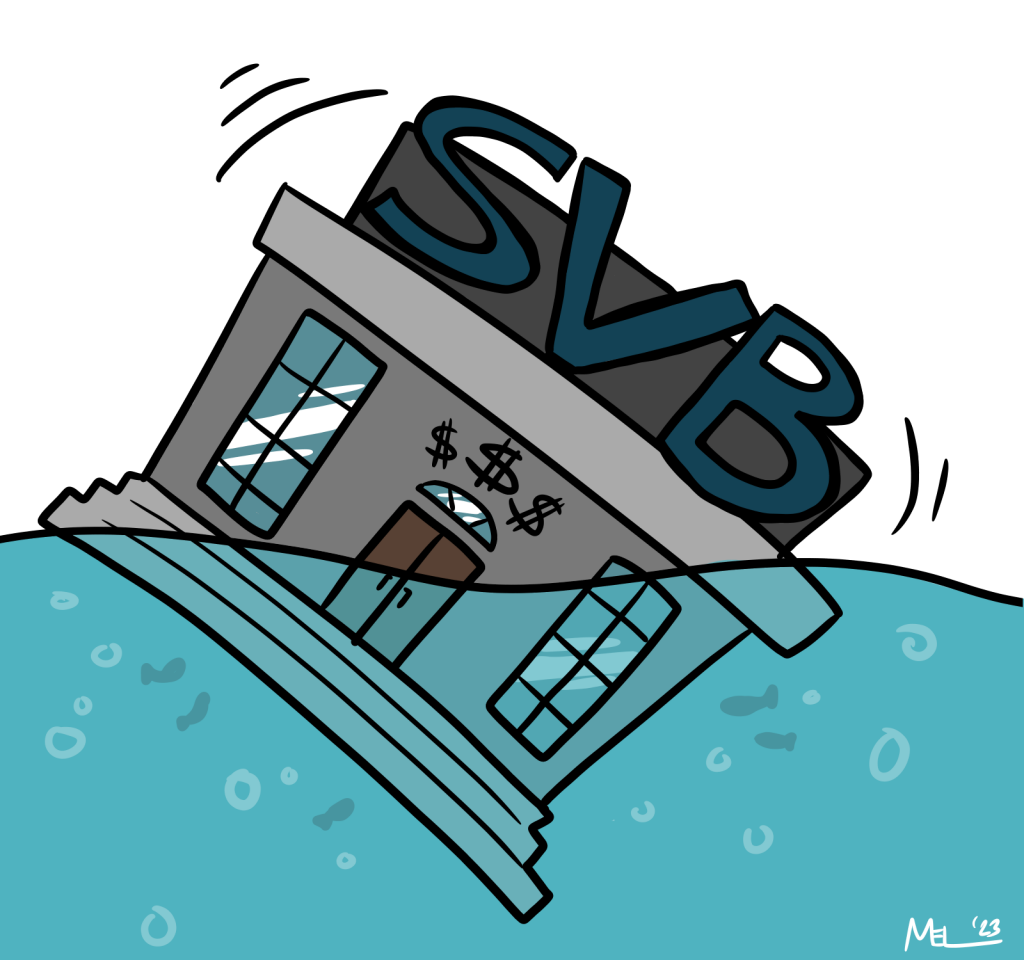Virginia Wesleyan recently released its newest College Fact Sheet, laying out key demographic changes and program selection rates for 2020.
Total enrollment numbers this year dropped slightly versus last year: there were 1,347 students enrolled at VWU this year, 140 fewer than the previous year. Even so, average class size rose slightly, from 13.8 to 15.5. A smaller percentage of classes held 20-29 students versus the previous year.
The “racial and international diversity” metric held steady at 44.8%, as did the percentage of females (58%). There were slightly fewer out-of-state students at the university this year, but more countries were represented by international students than last year.
SAT scores and GPAs for the freshmen remained about the same.
The total number of graduate students dropped this year from 100 to 73. However, there were 49 graduate degrees conferred between 2019 and 2020, a more than 100% increase over the preceding year, which conferred only 19.
The retention rate raised slightly from 59% to 63.8%. Still fewer than half of enrolled students have graduated in the expected 4-year window.
While tuition has been frozen at $36,010 since 2017, required fees and room and board costs have risen. Since 2017, fees have risen from $650 to $900, and room and board has risen from an average of $8,944 to $10,338. The University’s endowment fund sits at just shy of $60 million.
Business, which has been the top declared major at the University since 2014, was bumped down to the number two spot this year, surpassed by biology by just under half a percentage point. The other three majors in the top five this year include psychology, criminal justice and comprehensive liberal studies. The University also added 3 new minors in the last academic year.
The Chronicle talked to Dr. Deirdre Gonsalves-Jackson, dean of the VWU Global Campus and associate professor of biology, about trends within the major.
Gonsalves-Jackson explained that one factor that might be contributing to enrollment in the major is interest in health science. While the University’s nursing program is not part of the biology department, “a lot of the students that want to pursue nursing come in and say ‘I want to do biology, and then I’m going to move into nursing.’… You don’t declare [the nursing major] when you come in, you have to be accepted.” She said that she hasn’t yet seen a surge in interest in healthcare as a result of COVID-19, but expects that it is on the horizon.
Aside from healthcare, Gonsalves-Jackson said the other interest with a huge population in the biology department is marine science. Many biology majors minor in marine science, and there’s a “huge population that wants to work in the ocean with dolphins and sea turtles… That’s typically what I see to be the case is that they’re either interested in healthcare or the environment and the oceans.”
Asked what the department is doing to build the program, Gonsalves-Jackson explained that “our program is not static… We want to make sure the content is relevant.” She also highlighted that the major is particularly hands-on and is always seeking new partnerships for students to get workplace experience through research, internships or study away experiences such as those in Key West, FL or Costa Rica. The professors are also always devising new classes to get non-majors involved, such as the ‘Biology of the Dead’ course over winter session about the theoretical biology of zombies.
“We are always trying to evaluate our program. We’re always trying to make sure that we meet the needs of the students and… giving them the most cutting edge, recent biology content,” said Gonsalves-Jackson.
By Brianna Sandy
bnsandy@vwu.edu


